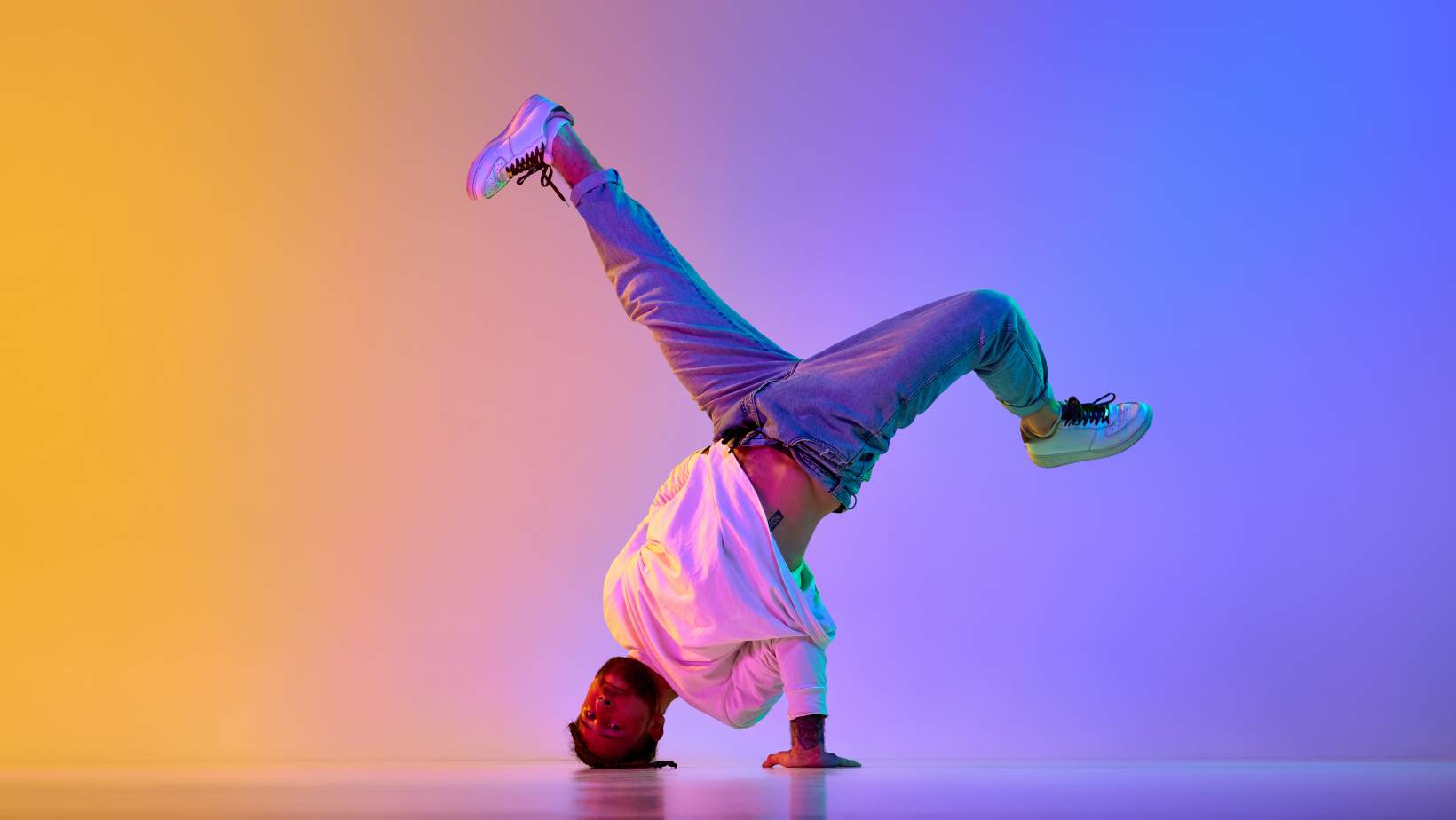Every August 11, music lovers and cultural enthusiasts across the United States come together to celebrate Hip Hop Day. This annual observance pays homage to one of the most influential and dynamic musical genres of the past half-century. Hip Hop Day not only commemorates the birth of hip hop but also recognizes its profound impact on music, fashion, language, and global culture.
The Origins of Hip Hop Day
The date of Hip Hop Day is far from arbitrary. It marks a pivotal moment in music history that occurred on August 11, 1973, in the Bronx, New York City. On this day, DJ Kool Herc, widely regarded as the founding father of hip hop, threw a back-to-school party in the recreation room of an apartment building at 1520 Sedgwick Avenue.
At this gathering, Herc introduced a revolutionary technique that would lay the foundation for hip hop music. Using two turntables, he extended the instrumental breaks in funk songs, creating a continuous rhythmic beat that became known as “breakbeats.” This innovation allowed dancers, who would later be called B-boys and B-girls, to showcase their moves during these extended instrumental sections.
The Four Pillars of Hip Hop
Hip hop culture is built on four fundamental elements, often referred to as the “four pillars of hip hop”:
- DJing (or Turntablism): The art of mixing and manipulating records to create new sounds and rhythms.
- MCing (or Rapping): The rhythmic spoken delivery of rhymes and wordplay.
- Graffiti Art: The visual expression of hip hop culture through stylized writing and images.
- B-boying (or Breakdancing): The athletic and artistic dance style that developed alongside the music.
These elements combine to form the rich tapestry of hip hop culture that we celebrate on Hip Hop Day.
The Evolution and Global Impact of Hip Hop
From its humble beginnings in the Bronx, hip hop has grown into a global phenomenon, influencing music, fashion, language, and popular culture around the world. The genre has evolved through various stages:
1970s: The Pioneers
Artists like DJ Kool Herc, Afrika Bambaataa, and Grandmaster Flash laid the groundwork for the genre, developing the fundamental techniques and styles.
1980s: The Golden Age
This era saw the rise of iconic acts like Run-DMC, Beastie Boys, and Public Enemy, who brought hip hop into the mainstream and addressed social issues through their music.
1990s: Diversification
The 90s witnessed the emergence of various subgenres, including gangsta rap, conscious rap, and Southern hip hop, expanding the genre’s scope and appeal.
2000s and Beyond: Global Domination
Hip hop became the dominant force in popular music, influencing pop, R&B, and even rock. Artists like Eminem, Jay-Z, and Kanye West achieved unprecedented commercial success.
The Cultural Significance of Hip Hop
Hip hop’s influence extends far beyond music. It has become a powerful medium for social commentary, giving voice to marginalized communities and addressing issues of racial inequality, police brutality, and urban poverty. The genre has also had a profound impact on fashion, language, and visual arts, shaping global youth culture in countless ways.
Celebrating Hip Hop Day
There are numerous ways to observe and celebrate Hip Hop Day:
1. Attend Hip Hop Events
Many cities host concerts, dance competitions, and block parties on this day. Participating in these events is a great way to immerse yourself in hip hop culture.
2. Support Local Artists
Seek out and support up-and-coming hip hop artists in your community. Attend their shows, buy their music, and share their work on social media.
3. Learn About Hip Hop History
Take time to educate yourself about the origins and evolution of hip hop. Watch documentaries, read books, or visit museums dedicated to hip hop culture.
4. Try Your Hand at Hip Hop Arts
Experiment with DJing, rapping, graffiti art, or breakdancing. Many community centers and dance studios offer classes in these hip hop elements.
5. Create a Hip Hop Playlist
Curate a playlist featuring hip hop tracks from different eras and subgenres. Share it with friends and on social media using the hashtag #HipHopDay.
The Future of Hip Hop
As we celebrate Hip Hop Day, it’s exciting to consider the future of this dynamic genre. Hip hop continues to evolve, incorporating new technologies, fusing with other musical styles, and expanding its global reach. From its roots in the Bronx to its status as a worldwide cultural force, hip hop’s journey is far from over.
Conclusion
Hip Hop Day is more than just a celebration of music; it’s a recognition of a cultural movement that has shaped the world we live in. By honoring the pioneers who laid the foundation for hip hop and supporting the artists who continue to push its boundaries, we ensure that this vibrant culture will continue to thrive and inspire future generations.
As we mark another Hip Hop Day, let’s remember the words of DJ Kool Herc: “Hip hop is the voice of this generation. It has become a powerful force. Hip hop binds all of these people, all of these nationalities, all over the world together.” In celebrating hip hop, we celebrate the power of music to unite, inspire, and transform lives.
